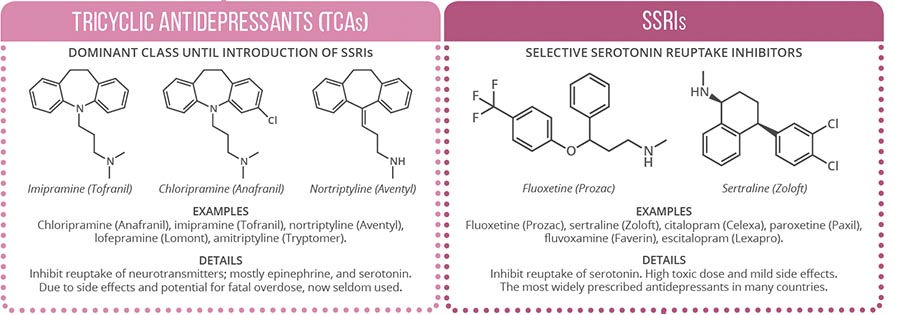I mean, Clinical depression is a tough indication for Biotech to tackle – particularly when facing off a ’55-year old’ generic (amitriptyline). But e-Therapeutics in Oxford (UK) has more to offer in its pipeline, despite this phase IIb failure in Glasgow.
 The trial’s aims were to determine whether ETS6103 was an antidepressant capable of treating the patients for whom first-line selective serotonin re-uptake inhibitor (SSRI) treatments had not worked.
The trial’s aims were to determine whether ETS6103 was an antidepressant capable of treating the patients for whom first-line selective serotonin re-uptake inhibitor (SSRI) treatments had not worked.
It was hoped this small-molecule could improve the consistency of treatment for Major Depressive Disorder (also known as clinical depression). The plan was that this candidate would have more benign side effects and a better tolerance profile than tricyclic antidepressants like amitriptyline (also a popular painkiller on the market).
Having already produced encouraging data in a small phase IIa study, benefits in speed of onset and in the effect on depression scores were demonstrated between the beginning and end of the trial over amitriptyline, as well as the expected benefits in side effects and tolerance.

E-Therapeutics (ETS) also pitched this candidate as a potential good return on investment during their spring 2014 interim presentations, with an analyst having predicted peak sales of an SSRI replacement amounting to $130M.
However, this phase IIb randomised study with 383 patients in Glasgow (Scotland) actually failed to reach primary endpoint – which was remission of the disorder according to the Montgomery-Asberg Depression Rating Scale (MADRS) test score.
This is quite a blow for ETS6103, which was deemed promising enough to qualify for a non-inferiority trial. However, these trials (perceived as more ‘fair’ compared to placebo based trials) can be more complex to interpret and subject to some unverifiable assumptions.

Perhaps the trial design could in part have played a role as to why this ETS6103 failed to make a significant difference in helping patients go into remission when compared to amitriptyline treatment.
But e-therapeutics Pipeline also includes a promising synthetic cannabinoid which is being investigated in phase IIa trials against Cancer (ETS2101). Partnership on this trial is strong, with the potential of cannabinoids in bio-therapeutics remaining a contentious – if really exciting – area of research.
Perhaps some investors were too easily shaken by this news on the London Stock Exchange, where ETS stocks took a 30% immediate blow after the results were released on Friday, although they have since stabilised to a slightly less traumatic 18%.
And since e-Therapeutics hopes to revisit their candidate against Depression (having had plans to license it out after these trials), frankly it seems like a poor time to jump ship. Let’s see what this UK biotech’s next move is, and where further analysis of the data leaves them.





